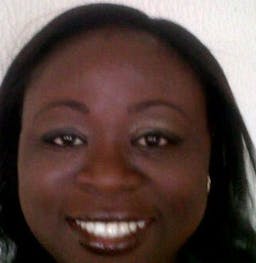IT’S DIABETES; IT’S NON-COMMUNICABLE!
Jan 21, 2015
Story
In the past one year, I have been on a journey of self re-discovery and this for me would have been impossible if not for my trusty mobile telephone. I was diagnosed a type 2 diabetic on the 23rd of September 2010 and prior to that, I had no knowledge what this entailed beyond the myriad of myths about the disease and the misconceptions that I had been fed about it by people uneducated about the condition.
At first, I was in a hospital more interested in the profits than in providing me with a background to my condition. When the decision was made to move me to a specialist hospital, I realized the power of information and the liberation it brings with it. The medical staff was well versed and then I decided not to play the patient but rather be part of my treatment. I immediately began asking questions as to the medications I was being given and why and then I would in turn launch my mobile browser and research for myself. That way, I became part of the medical team and was able to intelligibly participate in my treatment. Granted, it was strange for them to have a patient such as myself – the norm in Nigeria is a submissive patient – but for me it was key in my attaining a state of mind that would hasten my getting back home.
The most exciting discovery for me was the world of information about diabetes and the realization that through the various social media networks – twitter, Facebook etc, I could have support from all over the world and the cloud of isolation was lifted. I found that unlike I had thought, diabetes, where well managed, was not a death sentence and I could live a fulfilling life with it.
The next step for me was to try to get as many women as possible sensitized on the risks we are exposed to in relation to this disease. To break the silence and to ensure that the knowledge of these risks become common knowledge. During my research, I discovered that the UN was organizing a high-level meeting involving heads of states to promote non-communicable diseases (NCDs) to the same status as HIV/AIDS and therefore create attention to these diseases and thereby more people at risk will get the care they need before actually developing the condition.
This further encouraged me to set up my blog to write about my experience so far and to also using the “groups” application on my smart phone, set up a group giving tips on how to eat right – especially in Nigeria where our diet is mainly carbohydrate based – and exercise so that a balance is maintained. All of these have been made possible by the developments made in the Web 2.0 applications and the increase in the use of these alternative media platforms to create a movement of power and emancipation for people – especially women – worldwide.




